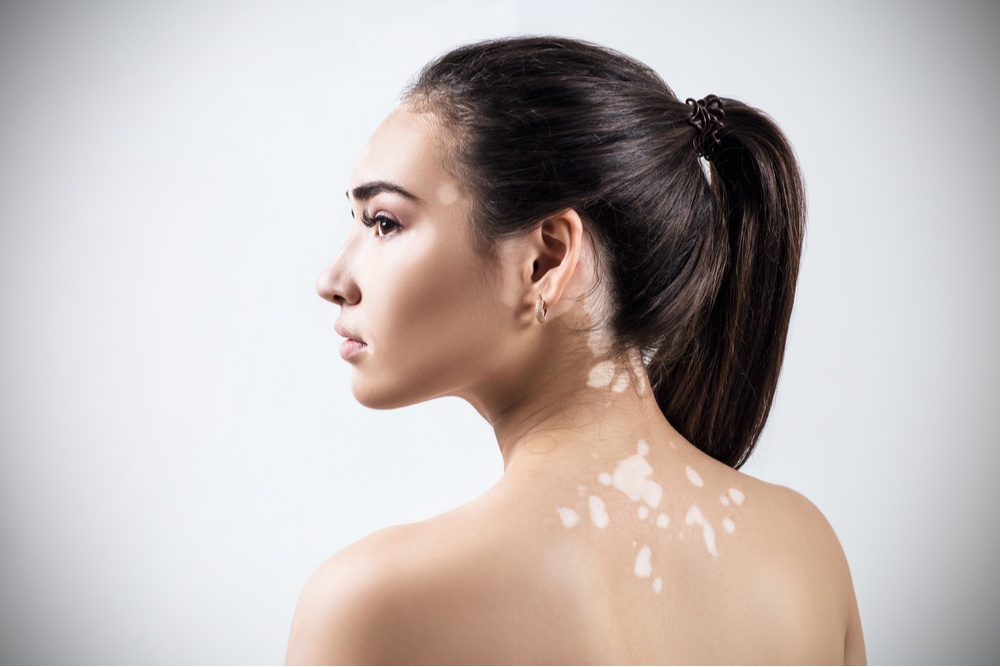
Vitiligo and Alopecia skin autoimmune disease study
To date, limited research has been conducted on the impact of the gut microbiome on the development of skin related inflammatory autoimmune conditions. We reviewed the findings of the research as it relates to Vitiligo and Alopecia specifically and found only weak correlations between their findings and the microbiome of Biomesight users with these conditions.
What are the mechanisms through which the gut microbiome might impact skin autoimmune conditions?
1. Certain gut microbes (Bacteroides fragilis, Faecalibacterium prausnitzii, and bacteria that belong to Clostridium cluster IV and XI) and their metabolites (retinoic acid and polysaccharide A) promote the aggregation of regulatory T cells (Tregs). Tregs are lymphocytes that facilitate anti-inflammatory responses. This increase in the number of tregs affects various physiological functions of skin, including regulation of hair follicle stem cell differentiation and wound healing.
2. Another class of metabolites, SCFAs, regulates both the activation and apoptosis (programmed cell death) of immune cells. Specifically, butyrate inhibits histone deacetylase activity. The inhibition of histone deacetylase activity is relevant to AI conditions because DNA is wrapped around histones, and gene expression is regulated by histone acetylation and deacetylation. This regulation also applies to inflammatory genes. Inflammatory genes can therefore be turned on and off through butyrate production by gut bacteria.
3. There is new evidence that the gut microbiome may affect skin physiology, pathology, and immune response more directly, through the dissemination of intestinal microbiota and their metabolites from the gut to other tissues, including the skin.
Biomesight users benefit from a metabolites section, featuring the percentage of butyrate and other SCFA producers. In addition, there are also focused sections on common bacterial toxins and enzymes affecting detoxification pathways.
We've decided that an in-depth study with a larger data set is warranted and therefore are providing Biomesight test kits at recduced cost (£60 per collection kit, normal RRP £149) to those with AI related skin conditions. Our study has a specific focus on Alopecia and Vitiligo but those with psoriasis or other autoimmune skin conditions are also welcome to get in touch. If you are interested in joining our study, you can find more information here. There are no location-based restrictions on those that may apply, although UK users benefit from free shipping. Once we have confirmed that eligibility criteria is met, we will provide a checkout link to buy a kit at the subsidized price.
We also encourage existing users with these conditions to record it on their health profiles, so as to ensure the inclusion of their data within the study's data set. We would also like to request all our users to complete and keep their health profiles up to date as this is only the second of many planned studies. In the future, as our data set grows and accordingly the confidence in our findings grow, we will add condition and symptom susceptibility sections to Biomesight. In the coming months, we plan to enable symptom, condition and other health profile filters on existing views. This will enable users to compare their microbiome data to more appropriate averages and percentiles e.g. those with similar conditions, symptoms or those in good health.
References
Analysis of the gut microbiota in alopecia areata: identification of bacterial biomarkers
Categories: autoimmune News Research Tags: alopecia autoimmune psoriasis research skin vitiligo
